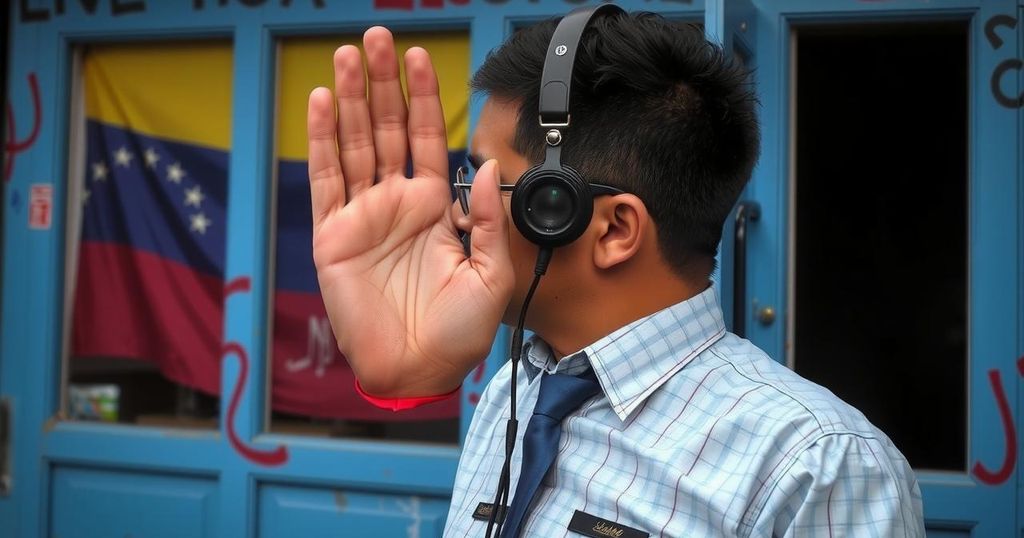The IACHR report reveals extensive human rights violations in Venezuela post-July 2024 election, outlining government strategies to suppress opposition, electoral fraud allegations, and violent crackdowns on protests, emphasizing the dire political and social context of the country.
On Tuesday, the Inter-American Commission on Human Rights (IACHR) released a comprehensive report detailing extensive human rights violations in Venezuela following the presidential election held on July 28, 2024. Entitled “Venezuela: Serious Human Rights Violations Following the Elections,” the report highlights a systematic strategy by the Venezuelan government to suppress political opposition and manipulate electoral processes. The government engaged in arbitrary detentions and co-opted key electoral institutions, marginalizing dissent and undermining the overall electoral framework.
The IACHR also documented numerous irregularities on election day, including the government’s suspension of result broadcasts and refusal to release voting records. These actions raised serious allegations of electoral fraud. Moreover, independent observers noted significant discrepancies between the official results and opposition tallies, contributing to diminished public trust in the electoral process. The aftermath of the elections saw widespread protests against alleged fraud, engaging security forces in violent crackdowns which led to approximately 300 reported cases of state violence, resulting in numerous fatalities and thousands of arbitrary detentions.
The context surrounding this report is critical, as it reflects a complex political landscape plagued by decades of economic decline, social unrest, and authoritarianism under President Nicolás Maduro. Since his rise to power in 2013, Venezuela has faced a deepening crisis characterized by rampant inflation, severe food shortages, and mass emigration, with around 8 million Venezuelans fleeing the country. The July elections were contentious, with accusations that Maduro’s government manipulated the electoral process to secure his victory, declared at 52 percent by a National Electoral Council comprised largely of his loyalists.
The opposition, represented by leaders such as Edmundo González—barred from candidacy—asserted that they possessed evidence indicating González had won by a significant margin. Following the election results, mass protests erupted across Venezuela. The government’s response involved the arrest of approximately 2,000 individuals amidst reports of torture and extrajudicial killings, reflecting a broader effort to suppress dissent. The IACHR’s report not only details these egregious human rights violations but also situates them within Venezuela’s ongoing struggle for democracy amid a backdrop of authoritarian rule and socio-economic collapse, intensifying calls for international intervention as tensions rise ahead of Maduro’s forthcoming third inauguration in January 2025.
The political climate in Venezuela has been unstable and problematic, particularly since Nicolás Maduro assumed the presidency in 2013. His administration is marked by severe economic challenges, including rampant inflation and crises in basic necessities. The legitimacy of electoral processes has been frequently called into question, especially in light of government actions aimed at suppressing dissent and manipulating results to maintain power. The IACHR’s report sheds light on the extent of human rights abuses against citizens, particularly in the wake of the contentious July 2024 election, thereby contextualizing Venezuela’s deepening crisis amid political repression.
In conclusion, the IACHR report underscores the severe human rights violations in Venezuela following the July 2024 presidential elections, characterized by government suppression of opposition, electoral fraud allegations, and violent responses to public dissent. These actions illustrate a broader trend of authoritarian governance and civil unrest in the country. As the political situation evolves and tensions rise ahead of Maduro’s third inauguration, the need for international scrutiny and intervention to support democratic processes remains critical.
Original Source: www.jurist.org






